Introduction
Have you ever heard of the “numbers game”? It’s a popular form of gambling, especially in low-income neighborhoods. This game has deep roots in various communities and has shaped many lives. In this article, we’ll uncover its rich history, unique mechanics, and cultural significance.
If you’re curious about the broader implications of gambling, consider picking up Gambling Addiction: The Hidden Addiction. It’s an eye-opener that dives deep into the topic of gambling behaviors and how they can affect individuals and families.
Summary and Overview
The numbers game, often called the “numbers racket,” “Mafia lottery,” or “daily number,” is an illegal lottery. Players pick three digits, hoping to match those drawn the next day. This game flourished in marginalized communities because it requires little money to play. Bettors could wager just a penny, making it accessible. The socio-economic struggles in these areas contributed to its popularity, as many sought a way to improve their financial situations.
In this post, you’ll learn about the game’s origins, its evolution, and how it has impacted various communities. We’ll dive into its mechanics, compare it to modern lotteries, and explore its representation in media. Get ready to gain a comprehensive understanding of the numbers game and its lasting influence.
To further explore the intricacies of gambling, you might enjoy The Psychology of Gambling. It sheds light on why people gamble and the mental processes behind their decisions.
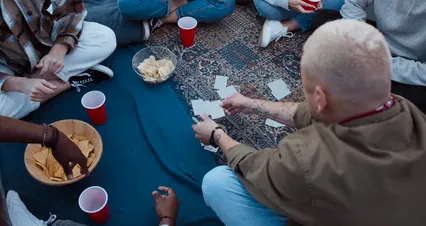
The History of the Numbers Game
Early Origins
The numbers game has a fascinating history, beginning in the United States during the 19th century. It emerged primarily in poor neighborhoods, where residents sought alternative ways to gamble. Early betting practices were informal, often involving small stakes and local bookmakers.
By the 1860s, “policy shops” began to sprout, allowing residents to choose numbers and place bets. These shops became a staple in working-class communities, especially among African American and Italian American populations. The game’s popularity soared, as it provided a chance for financial gain amidst economic hardship.
As the 20th century approached, the numbers game gained notoriety. Many viewed it as a low-stakes alternative to traditional gambling. Its ability to flourish in marginalized communities was partly due to the absence of legal gambling options. The odds were often stacked against bettors, but the allure of winning big kept players engaged. This early foundation set the stage for the numbers game’s growth and cultural impact across America.
If you want to dive deeper into gambling strategies, you might consider reading How to Win at Gambling. This book offers insights into various gambling techniques and strategies that could help you navigate the world of betting.
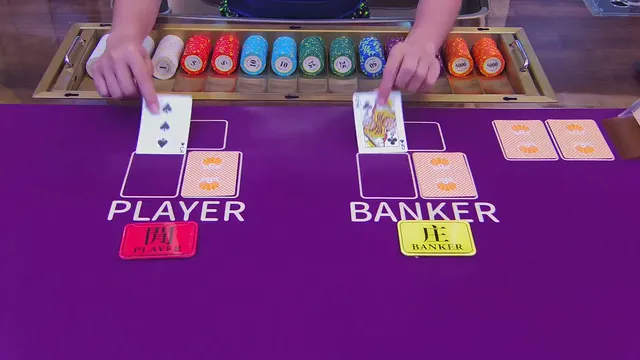
The Numbers Game in Major Cities
New York City
In New York City, the Mafia played a vital role in the numbers game. They transformed it into a lucrative enterprise. Key figures like Joseph Bonanno and Vito Genovese were instrumental in expanding operations. Their control allowed the game to flourish, particularly in Italian-American neighborhoods. This illegal lottery provided a lifeline for many, offering hope for financial freedom.
The Mafia’s influence extended beyond just running the game; they ensured protection for operators. This made it safer for players and bookmakers alike. Police crackdowns were common, yet the allure of potential winnings kept players engaged. The numbers game became a staple of NYC culture, deeply intertwined with the city’s history.
For those interested in the cultural representation of gambling, consider watching American Gangster. This film delves into the intersection of organized crime and the numbers game, providing a gripping narrative about its impact on society.
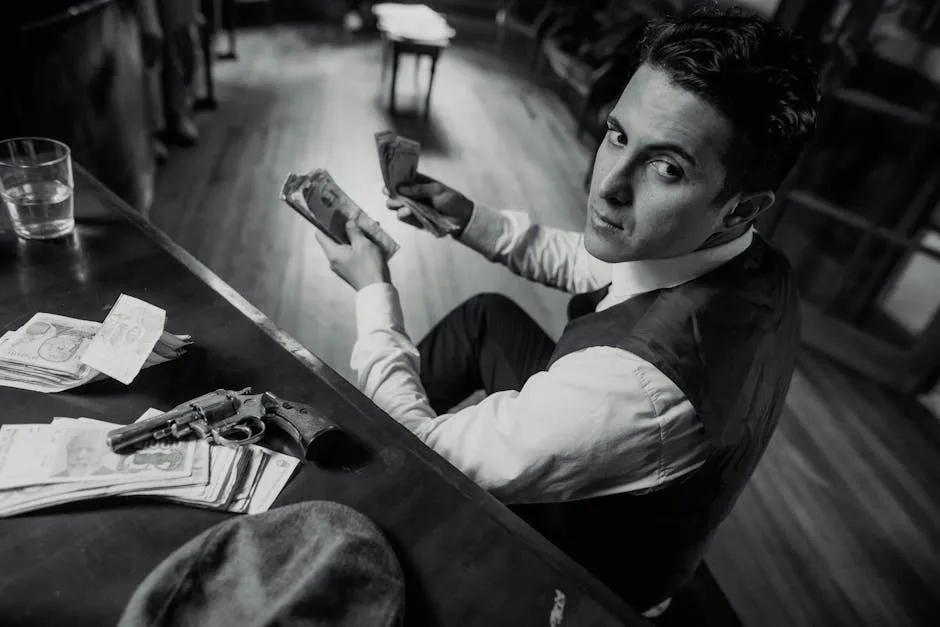
Boston
Boston had its own unique flavor of the numbers game. Often referred to as the “nigger pool,” it reflected its cultural significance in black neighborhoods. The winning numbers were frequently based on race track figures, creating a direct link to local sports. Prominent figures like Jerry Angiulo helped shape the operation, establishing profit-sharing models that fueled its growth.
During the 1950s, Wimpy and Walter Bennett ran a successful numbers ring in Roxbury. Meanwhile, Buddy McLean led operations in Somerville, forming the Winter Hill Gang. As the state began to offer its lottery, the numbers game saw a decline but left a lasting imprint on Boston’s gambling landscape. For a deeper understanding of Boston’s gambling history, you can explore the Boston Cannons statistics.
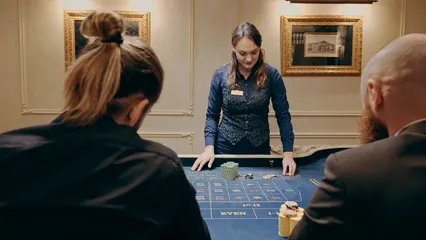
Chicago
The numbers game found its footing early in Chicago, with roots tracing back to the 1840s. Samuel Young, known as “Policy Sam,” introduced it to the African American community in the 1890s. This game became a significant part of local culture, often involving community leaders. Despite opposition from some pastors, the game continued to thrive.
By the 1940s, figures like Eddie Jones dominated the policy racket, amassing impressive weekly profits. The attention from organized crime, including Sam Giancana, further solidified its presence. The game’s growth mirrored the struggles and aspirations of the community, reflecting broader social dynamics within Chicago. For more on the social dynamics of crime, check out the crime statistics in Hyde Park, Chicago.

Chicago’s numbers game reflects the community’s struggles and aspirations. Learn more about crime statistics in Hyde Park, Chicago for a broader context.
Other Notable Locations
The numbers game also made waves in cities like Detroit, Cleveland, and Atlanta. In Detroit, extensive operations were revealed during a 1941 trial, exposing numerous policy houses. Cleveland saw key players like Benny Mason shaping the local scene, often using stock market results to determine winners. For an in-depth look at crime statistics in Cleveland, see the City of Cleveland crime statistics.

Cleveland’s numbers game has been shaped by key figures and events. Find out more about the City of Cleveland crime statistics to understand its impact.
In Atlanta, the game was popularly known as “playing the bug.” Despite police efforts to curb it, the numbers game remained ingrained in the community. Each of these cities showcased the game’s adaptability and its significant cultural footprint, contributing to the larger narrative of the numbers game across America.

Gameplay Mechanics
How the Game Works
The numbers game is straightforward yet exciting. Players choose three digits ranging from 000 to 999. The goal is to match the winning numbers drawn the following day. Participants can place small bets, often starting as low as a penny, making it accessible for many.
To win, players must select the exact three-digit combination. The odds of winning are typically low, often around 1 in 1,000. However, the potential for a significant payout keeps players engaged. Local bookmakers usually operate these games, creating a community-centered environment where everyone has a chance to play. The thrill of potentially winning big, combined with the game’s simplicity, makes it a staple in various neighborhoods.
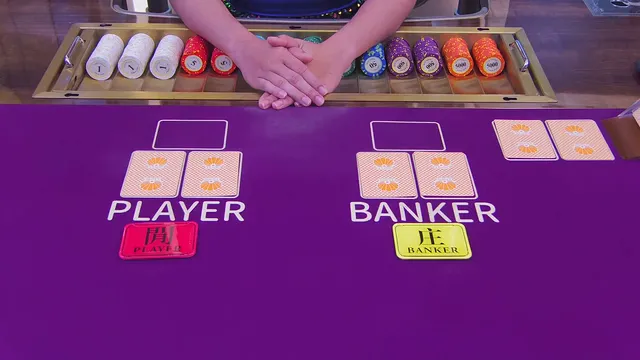
If you’re a board game enthusiast, consider adding some fun to your game nights with a classic Monopoly Board Game. It’s a great way to bring friends and family together for a night of strategy and fun!
Comparisons to Modern Lotteries
When comparing the numbers game to state-run lotteries, several key differences emerge. State lotteries often feature larger jackpots and more extensive advertising. However, many players prefer the numbers game for its community focus and lower stakes.
Unlike state lotteries, the numbers game allows for immediate payouts. Players can often receive their winnings the same day, creating a sense of excitement and urgency. Additionally, the informal nature of the numbers game fosters a close-knit community atmosphere. In contrast, state lotteries may feel impersonal. This personal connection and the thrill of local betting keep players loyal to the numbers game, despite the availability of legal alternatives.

The Cultural Impact of the Numbers Game
Representation in Media
The numbers game has made its mark on popular culture, appearing in various forms of media. Literature and film often depict it as a symbol of hope and struggle. For example, the podcast episode “The Numbers” explores the life of Fannie Davis, who became a banker in the numbers game to support her family.
Films like American Gangster also touch on the numbers game, showcasing its deep ties to organized crime and community dynamics. These representations highlight the game’s significance in marginalized neighborhoods, illustrating both the dreams and harsh realities of those involved. By weaving the numbers game into storytelling, media brings awareness to its cultural and social implications, making it more than just a gambling activity.

To understand the strategies behind gambling, check out The Complete Guide to Casino Games. It provides valuable insights into various games and their underlying strategies.
Community and Social Implications
The numbers game has significant social dynamics within communities. It often serves as a bonding activity among neighbors, creating a shared experience. Players gather to discuss their hopes and dreams, forming connections over a common goal. This sense of camaraderie fosters a supportive environment, especially in economically challenged areas.
Economically, the numbers game can be a double-edged sword. On one hand, it provides a source of income for local bookmakers, generating jobs and stimulating the local economy. On the other hand, it can lead to financial strain for players who may spend more than they can afford. This cycle of hope and despair creates a complex relationship between the game and community well-being, reflecting broader socio-economic challenges faced by many neighborhoods.

The Legal Status of the Numbers Game
The legal implications surrounding the numbers game have evolved over time. Initially viewed as a nuisance, it has often been targeted by law enforcement. However, its popularity led to the development of state-run lotteries. Today, many states have legalized similar games, which provide a regulated alternative.
The shift from illegal operations to state-sanctioned lotteries has sparked ongoing debates about fairness and accessibility. While legal lotteries offer oversight and regulation, the numbers game remains popular among those who prefer its informal nature. The contrast illustrates the ongoing tension between legality and community traditions, raising questions about the future of gambling in America.

Ethical Issues and Societal Perspectives
Ethical concerns around the numbers game are particularly pronounced in low-income neighborhoods. Many argue that it exploits vulnerable populations seeking financial relief. The game often preys on hope, luring players with the promise of instant wealth. However, the reality is that the odds are heavily against them.
Critics highlight that gambling can lead to addiction and financial ruin, particularly among those already struggling. This raises questions about the responsibility of operators and the need for community education. Advocates for reform suggest providing resources for responsible gambling and support for those affected. Balancing the cultural significance of the numbers game with its potential harms remains a critical challenge for society.

FAQs
What is the numbers game?
The numbers game, also known as the numbers racket or Mafia lottery, is an illegal type of gambling. Players select three digits, hoping to match the ones drawn the next day. It’s simple and accessible, attracting many participants.
How did the numbers game originate?
The numbers game originated in the 19th century, mainly in poor neighborhoods. It began as informal betting, gaining traction in African American and Italian American communities. Early policy shops allowed residents to pick numbers, creating a popular local gambling option.
Is the numbers game legal?
The legal status of the numbers game varies across states. In many areas, it remains illegal, while others have embraced similar formats through state lotteries. The shift to legalized gambling has sparked debates about fairness and accessibility.
What are the odds of winning in the numbers game?
The odds of winning the numbers game are about 1 in 1,000. Payouts can be significant, especially for small bets. Though the odds are low, the potential for a big win keeps players engaged.
How does the numbers game differ from state lotteries?
The numbers game and state lotteries differ in structure and culture. State lotteries often feature larger jackpots and more advertising. In contrast, the numbers game focuses on community connections and immediate payouts, creating a unique local experience.
Please let us know what you think about our content by leaving a comment down below!
Thank you for reading till here 🙂
All images from Pexels




